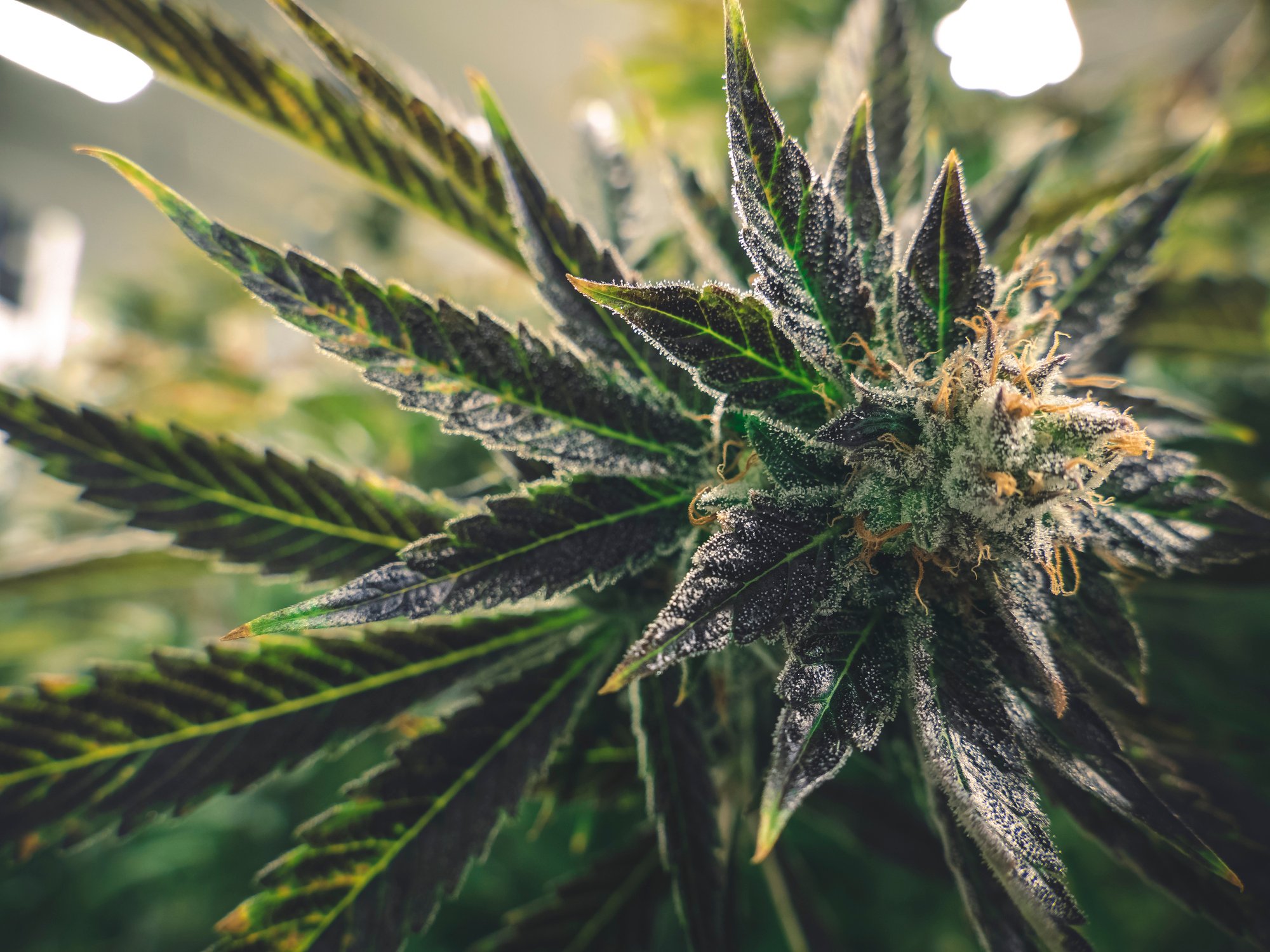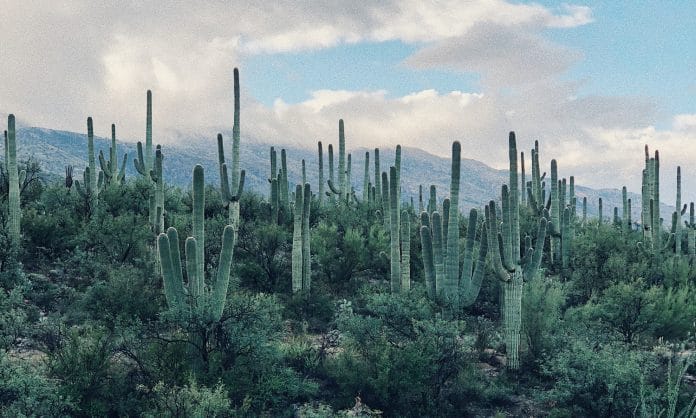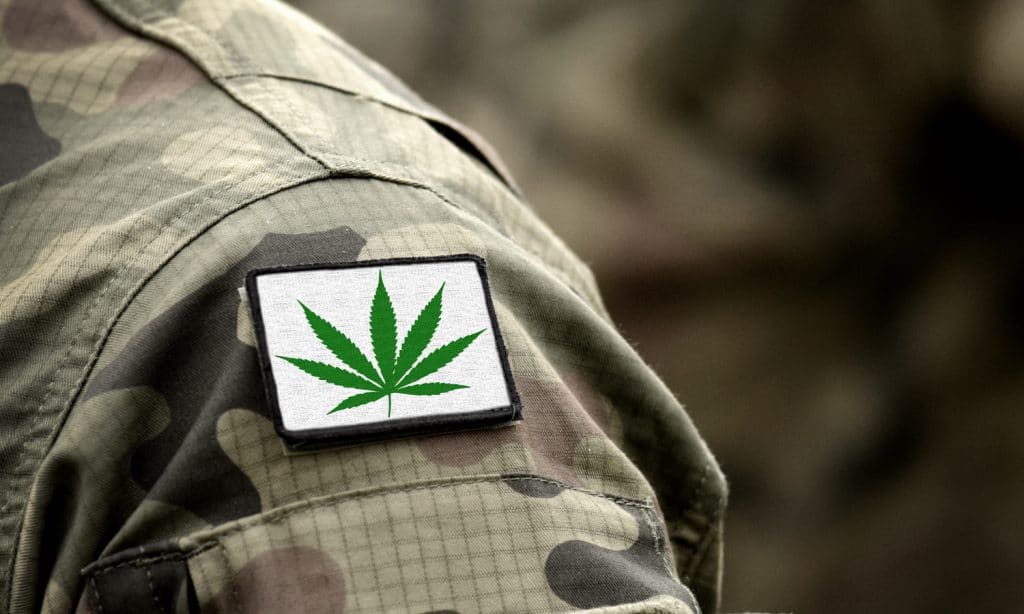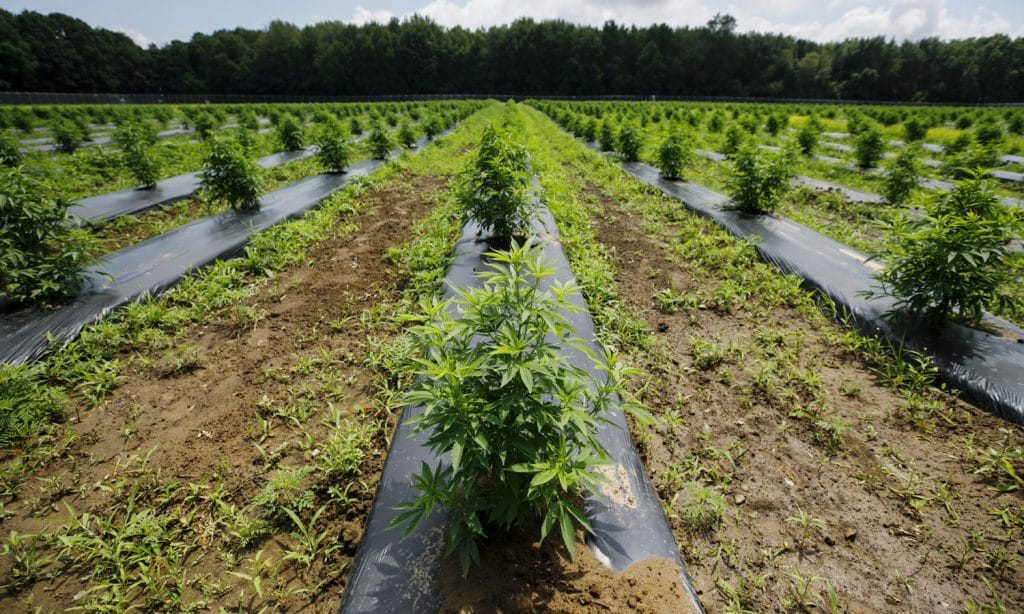A battle over wine and cannabis in Santa Barbara County, pitting neighbor against neighbor, is coming to a head. On June 30, a report from a grand jury tasked with monitoring local government issued a scathing report criticizing the county board for its mismanagement of the county's cannabis production.
"The jury believes the Board of Supervisors, in their hubris, failed the people of Santa Barbara County," the report stated. "Now they must amend the cannabis ordinances to regain the people's trust."
Santa Barbara County adopted some of the most lenient regulations for commercial cannabis farming in California and has seen an explosion in production in the past four years—last year, the county was home to 35 percent of the state's licensed cannabis acreage. As a result, locals, particularly vintners, have grappled with cannabis' impact on the area.
In April, a nonprofit made up of more than 200 vintners, farmers and homeowners, dubbed the Santa Barbara Coalition for Responsible Cannabis, filed suit against the county's board of supervisors, citing what the coalition considers a lack of ordinances regulating cannabis production and a faulty licensing program which has allowed farmers to stack licenses and create some of the largest cannabis grows in the state. The suit aims to cut down on the number of unpermitted cannabis farms and stop the board from issuing further permits by challenging the environmental reviews that have led to permit approvals.
"Pursuing legal action is not fun, nor is it a place we wanted to go, but it's necessary," Debra Eagle, a board member for the coalition and general manager for Alma Rosa winery, told Wine Spectator. Eagle felt like the board of supervisors was ignoring its citizens.






